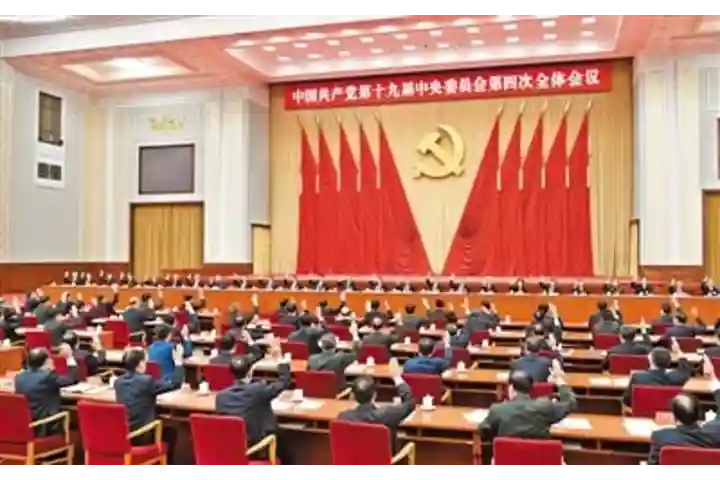

All eyes on China's economic trajectory
<p>
<strong>As Jiangsu becomes the first province in China to raise the retirement age, albeit voluntarily, Beijing is now gradually looking at adopting the policy for government employees across the country. The controversial one child policy has altered China&rsquo;s demographics considerably but the move is also aimed at reducing the government&rsquo;s social welfare spending, which has surged with an aging population. All retired people are eligible to claim pensions immediately.</strong></p>
<p>
The retirement age for men is 60 while for female white-collar workers, it is 55.</p>
<p>
In the next four years, 40 million people are set to retire leading to shrinkage of the workforce, which is estimated to drop by 35 million.</p>
<p>
According to <a href="https://www.scmp.com/economy/china-economy/article/3139470/china-population-workforce-drop-35-million-over-next-five?module=inline&amp;pgtype=article" rel="nofollow">the South China Morning Post</a>, China&rsquo;s national social security fund &ndash; including pension assets, unemployment and work insurance &ndash; was running a deficit of 740 billion yuan or $112.9 billion in 2020. This was also due to the Covid 19 pandemic. To help businesses tide over the problems, company contributions were slashed.</p>
<p>
<strong>Also read: <a href="https://www.indianarrative.com/economy-news/china-s-economy-faces-a-time-bomb-its-slow-birth-rate-125109.html">China&#39;s economy faces a time bomb–its slow birth rate</a></strong></p>
<p>
China, though the most populated country, is now staring at a labour shortage due to the one-child policy.</p>
<p>
China implemented the one-child policy in 1979, as a measure to control population growth. The aim of the controversial policy was to ensure that population growth did not become a burden on the country, which prioritised economic growth and food supply. Though the policy, put in place by Chinese leader Deng Xiaoping, officially ended in 2015, many couples continue to opt for just one child.</p>
<p>
Beijing&rsquo;s decision to raise the retirement age however, made many young Chinese unhappy. They fear that job opportunities would shrink for them. Job uncertainty has become a &quot;headache&quot; for authorities and this has led to other social challenges. More and more people are now unwilling to get married to have children.&nbsp;&nbsp;&nbsp;</p>
<p>
&ldquo;China&rsquo;s social problems are worrying the authorities. Many Chinese millennials who are graduates refuse to go in for marriages, many married couples refuse to have children&mdash;this is a real problem for China as this can seriously lead to economic issues in just a few years,&rdquo; BR Deepak expert on China and Professor at Jawaharlal Nehru University told India Narrative earlier.</p>
The Ministry of External Affairs (MEA) has said that the United States Commission on International…
Human rights defenders from various parts of India commended the country's significant progress across multiple…
The central organiser of the Baloch Women Forum (BWF), Dr. Shalee Baloch, has urged Baloch…
The Office of Tibet in London hosted a group of 15 students from the University…
The Baloch National Movement (BNM) organised a protest rally in Hanover, Germany, to mark the…
The Human Rights Focus Pakistan (HRFP) on Wednesday released a damning report on the first…